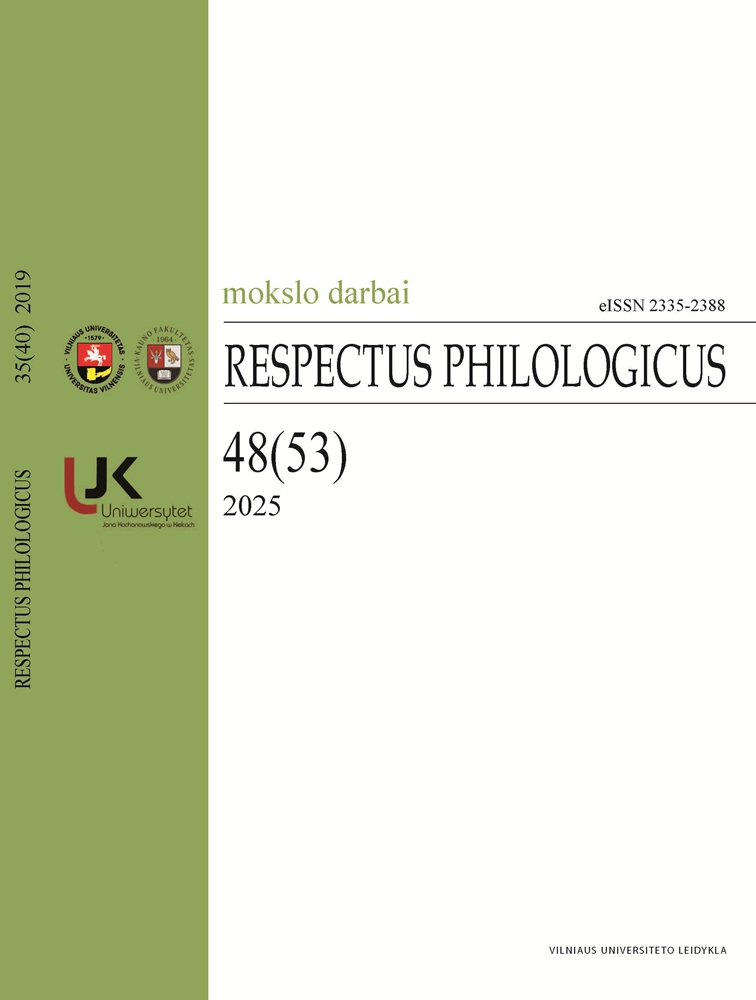Abstract
This paper proposes the application of ecolinguistics as a conceptual framework for understanding the role of learners’ identity and agency in foreign language acquisition. Rooted in the ecological view that language, identity, and learning environments are interconnected, the study uses theoretical synthesis and critical analysis to examine how learners negotiate meaning, reposition themselves socially, and construct dynamic identities within multilingual and globalised contexts. Integrating perspectives from language ecology as well as theories on identity and agency, the research highlights how learners’ investments, aspirations, and self-regulatory practices are shaped by sociocultural and institutional ecosystems. Adapting an ecolinguistic lens reveals foreign language acquisition as a socially mediated, transformative process in which learners exercise symbolic power, resist imposed roles, and co-construct linguistic and professional identities. The paper proposes an ecolinguistic model of foreign language acquisition, illustrated in a diagram, demonstrating how identity, agency, languaging, and ecological environments interact to shape foreign language acquisition.

